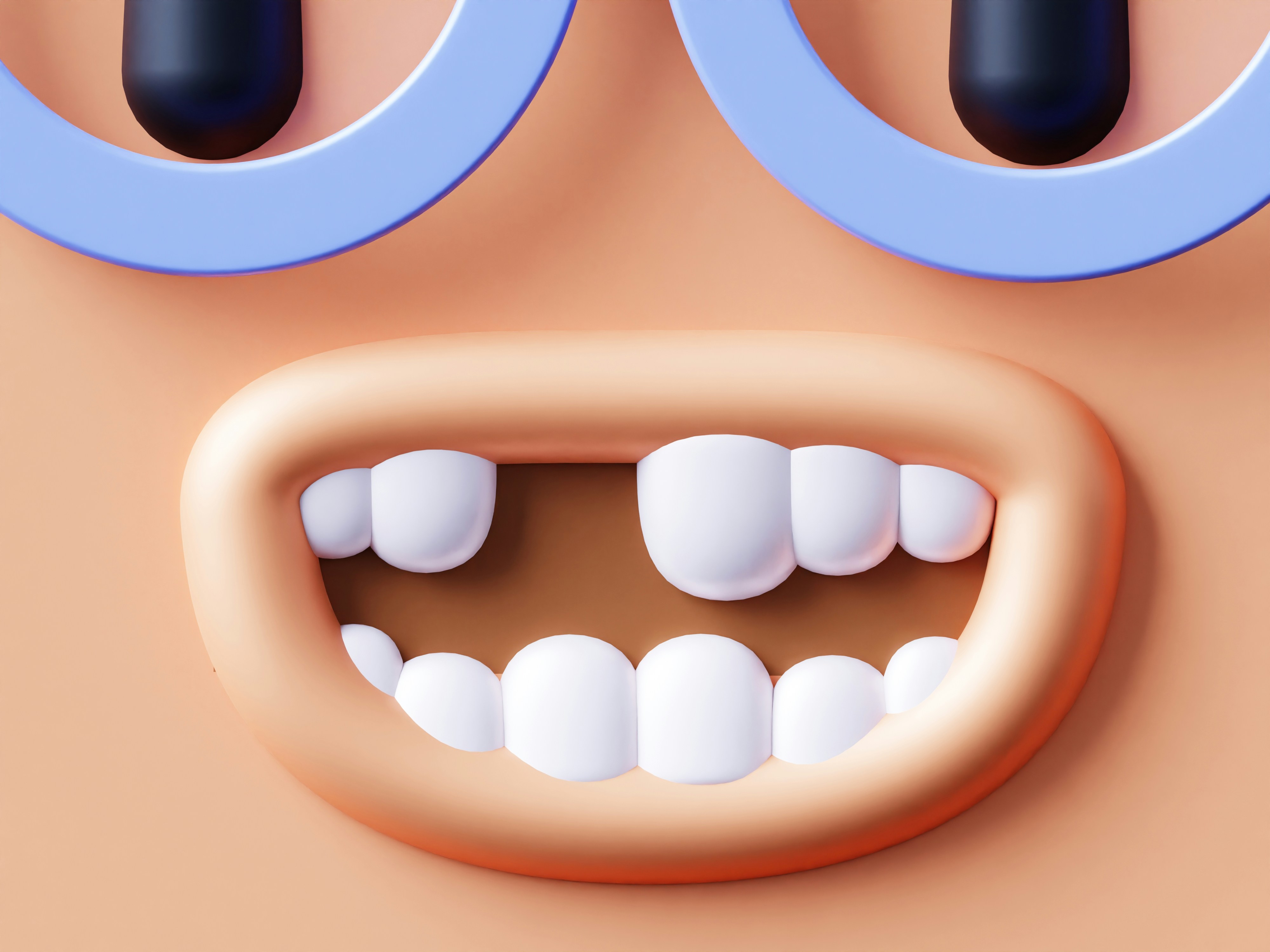Losing a tooth has always meant a lifetime sentence of awkward implants, clacky dentures, or pretending you’ve “always had that gap.” But scientists in Japan are now trialling a drug that could make all of that redundant, by letting you grow a brand new set. Yes, tooth fairy, your job is officially on notice.
The breakthrough comes from researchers at Kitano Hospital in Osaka, who discovered that humans carry dormant “third-set” tooth buds hidden under the gums. Normally, a protein called USAG-1 tells them to stay asleep forever. The Japanese team simply worked out how to shut that protein up with an antibody drug, and in mice and ferrets the result was exactly what it says on the tin: fresh, shiny new teeth. Somewhere out there is a ferret now grinning like Tom Cruise.
Human trials began in late 2024 at Kyoto University Hospital, starting with men missing at least one tooth, presumably because trialling it on children first might look bad in the ethics paperwork. If things go well, the next stage is kids with congenital tooth agenesis, a condition that leaves them unable to grow teeth at all. The drug, known in polite circles as TRG-035, works by blocking USAG-1 and reawakening those sleeping tooth buds. In less polite circles, it’s the closest thing to becoming a dental lizard people hybrid.
The idea is as revolutionary as it is terrifying. Instead of porcelain crowns or metal screws drilled into your jaw, you could just pop a pill and let biology do the hard work. A proper tooth, blood supply and all, knitted seamlessly into your mouth. No adhesives, no awkward clicks when you eat an apple. Just the body repairing itself, like it probably always wanted to, before evolution decided two sets was “enough, stop being greedy.”
Caution, of course, is the order of the day. Experts note that moving from ferrets to full-blown human grins will take time, trials, and an army of lawyers. Still, if the stars align, dentistry as we know it could look very different by the end of the decade. Implants might go the way of the VHS tape. Dentists could pivot to offering “luxury cleaning experiences” instead. And your nan, who lost her molars in the 1970s, could be sitting pretty with a brand-new bite by 2030.
Until then, floss. Not because it works (jury’s still out), but because you don’t want to look like you’ve been using a ferret for a role model when this drug finally hits the shelves.

